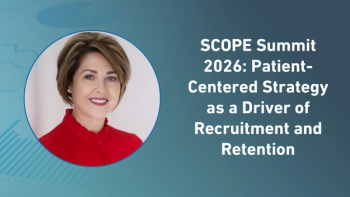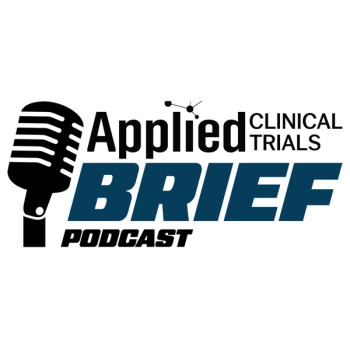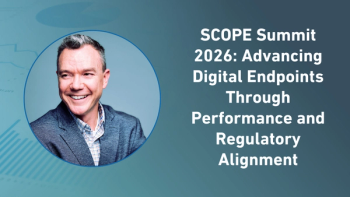
The Future of RBQM Adoption
In the fifth and final part of this video interview series, Ken Getz, executive director and research professor, Tufts Center for the Study of Drug Development, Tufts University School of Medicine and Steve Young, chief science officer, CluePoints look ahead to the future of risk-based quality management and what adoption will look like.
ACT: What do you think the RBQM space will look like in five years? Will we see any drastic changes in adoption either way?
Getz: As an academic researcher, we fully expect to see adoption continue to grow, we're starting to actually track more of a maturity model where you can actually see where companies are along the adoption process. And we expect a much larger number of companies to embrace and use in a standardized way, the RBQM (risk-based quality management) components in their trials moving forward. So in five years’ time, it would be great to be looking at, nearly all clinical trials, or at least a very, very high percentage that are applying the RBQM components.
Young: Yeah. I couldn't agree more. As I said earlier in the conversation, I think we have hit an inflection point, I think the momentum is there. And those who are maybe a little bit behind, laggards, we might call them, are going to be coming on board I think over the next few years, for sure. It's inevitable. This is now, to me, it's becoming more widely recognized that this is the new way of doing clinical research. This is not some experiment that the industry is doing. Right? This is this is this is the way we're moving forward. Just an interesting note, talking about the survey results and the 57% adoption as the overall metric we came up with, I expect that when we reach “full” adoption, it still wouldn't reflect as 100%. And the reason I say that is because there are some components that we measure of RBQM that actually might not be applicable to certain studies, like for instance, certain aspects of statistical data monitoring on small sized studies, or very quick duration studies or things like that. So the bar is probably not 100%, it's probably something like 90 to 95%.
Getz: Yeah, it's a great point. And probably our methodology will need to change, Andy, as we actually start measuring additional components that are introduced. This survey, for example, asked if companies were starting to use generative AI (artificial intelligence), or any kind of AI and machine learning enabled approach, and it was very low percentages recorded. But that's an area where there's a lot of expected growth. Another area that was really low that surprised us was the use of patient input into protocol design. And that was also an area where a lot of companies projected much higher usage over the next three to five years. So I think you're going to see some components where you'll see really high and rising levels of adoption and others that may become less critical over time.
Young: Yeah, I completely agree. And one thing that's moving very rapidly, I think many of us are aware of increasingly is AI and machine learning, and its impact on processes across the board, in our space and in clinical development. And while that's a technology advancement, it's not specifically about risk-based quality management, there's definitely implications because what that technology is starting to show more and more dramatically, is the ability to automate traditional processes a lot more. So all in all, I mean, we're starting to rethink the whole paradigm in terms of the way we're looking and in a sense, you can call that part of a risk-based, more targeted, more efficient approach to clinical research. So I don't see them as completely separate topics.
Getz: I just want to thank Applied Clinical Trials for giving us an opportunity to continue to talk about this important area of research and this obviously important practice that a growing number of companies are embracing.
Young: Likewise, thank you very much for the opportunity, Andrew. It's always exciting to talk about this topic and of course, I want to thank Ken and Tufts for including us in that important study. It was really fun to collaborate on that.
Getz: It really was, thank you as well.
Newsletter
Stay current in clinical research with Applied Clinical Trials, providing expert insights, regulatory updates, and practical strategies for successful clinical trial design and execution.



